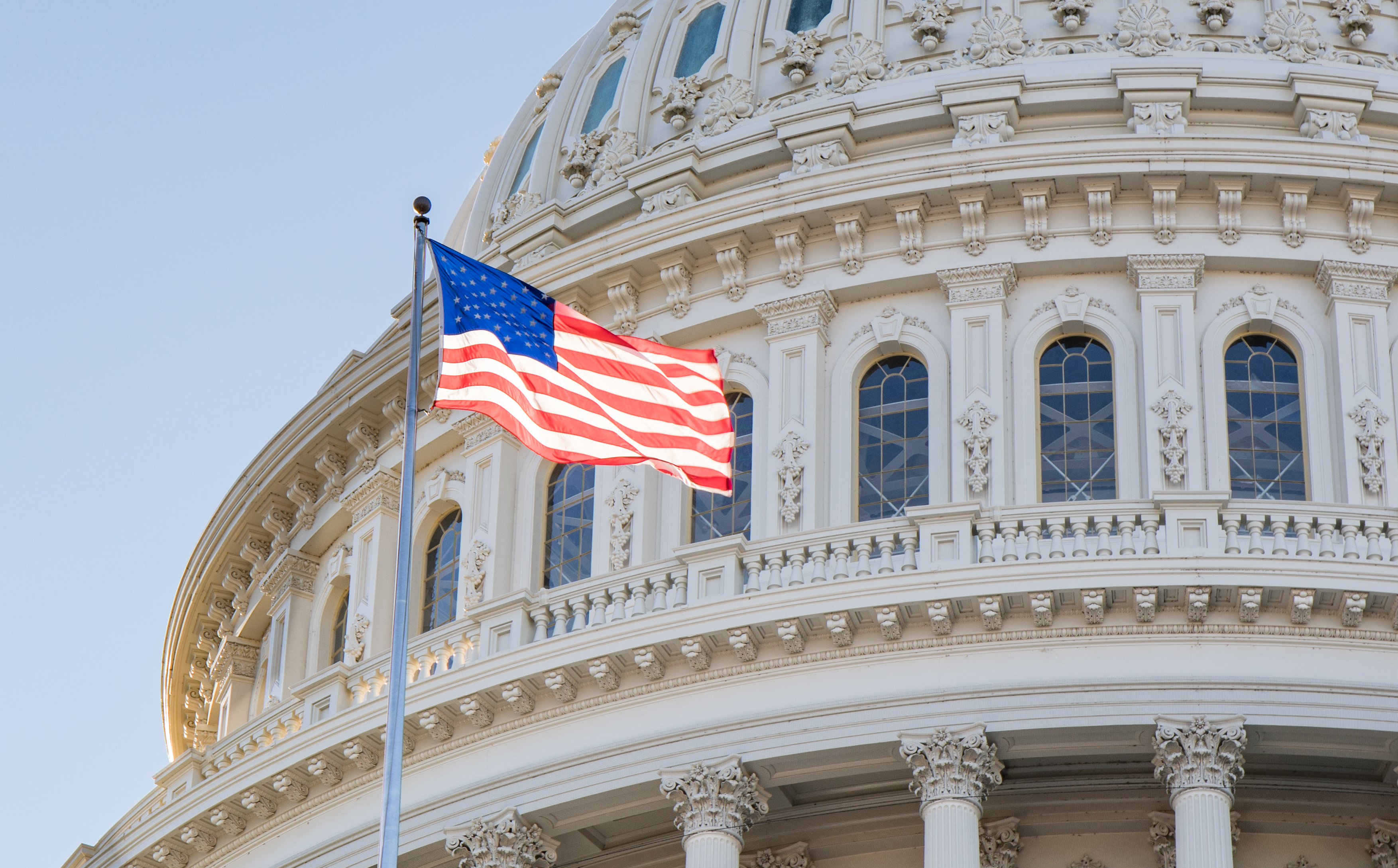In February, Rep. Brad Finstad (R-MN) introduced the House companion bill of the Prove It Act with Reps. Yadira Caraveo (D-CO) and Nathaniel Moran (R-TX). Senate Small Business and Entrepreneurship Committee Ranking Member Joni Ernst introduced the companion legislation last year. The Prove It Act aims to give small entities a seat at the table during the regulatory process and aims to limit regulatory burden on small businesses.
The Prove It Act would require federal agencies to consider reasonably foreseeable indirect future costs of their proposed federal regulations as part of their Initial Regulatory Flexibility Analysis, where feasible. The proposed legislation also creates a process whereby small businesses and organizations representing small business can ask the Small Business Administration’s Office of Advocacy to formally review a federal agency’s certification that a proposed regulatory rule will not have a significant economic impact on a substantial number of small entities under the Regulatory Flexibility Act (RFA). This ensures small businesses will be able to raise concerns that a rule was improperly certified and have a third-party review and determine whether certification was proper.
The Prove it Act would also require that, for any guidance document or other relevant documents clarifying or interpreting any rule found by agencies to likely have a significant economic impact on a substantial number of small entities, agencies shall publish said documents, as determined by the agency, to Regulations.gov or similar website and allow for comments to ensure small businesses can both easily access the resources and provide feedback or request additional clarity where needed.
The regulatory burden on insurance producers, registered representatives of broker-dealers, and financial advisors is often put in place without proper discussion or concern for the negative impact on the ability to conduct business or properly serve clients and consumers. Additionally, federal regulators often work to circumnavigate the RFA, which leads to a loss of growth and opportunity for these small businesses that represent Main Street America and make up an integral part of the community in which they work. The Prove It Act seeks to address the loopholes in the RFA by increasing small business input in the regulatory process and strengthening the requirements for agencies to examine the impacts of regulations on small businesses.
Prospects: The Prove It Act has bipartisan support in both chambers of Congress. The biggest obstacle is getting enough support to have it placed on the committee calendar, although prospects look optimistic. NAIFA fully supports the Act and has offered a letter of support to Rep. Finstad’s office.
NAIFA Staff Contact: Michael Hedge – Senior Director – Government Relations, at mhedge@naifa.org.






.png?width=600&height=90&name=Support%20IFAPAC%20%20(600%20%C3%97%2090%20px).png)
